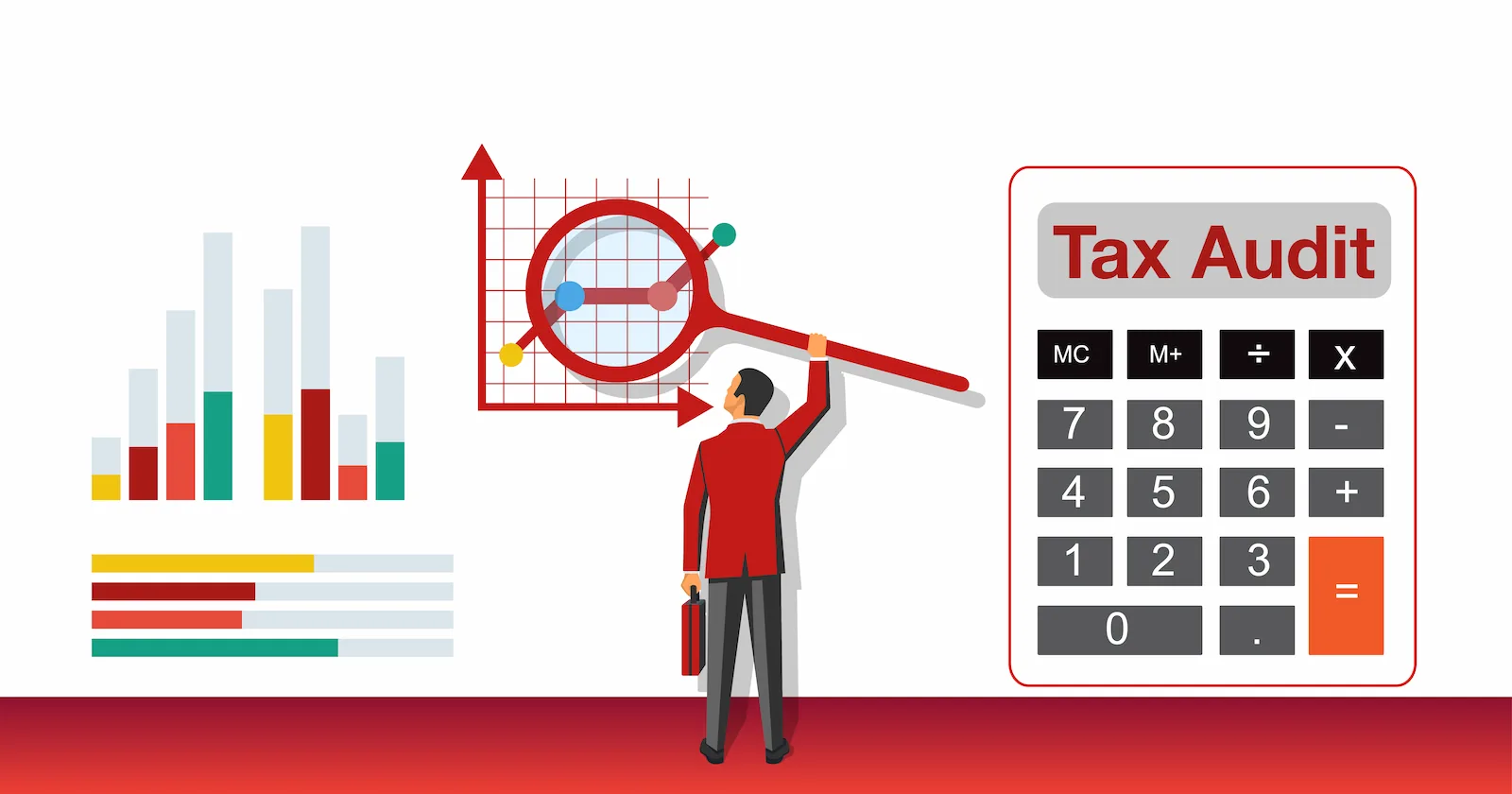
A tax audit is a formal examination or review of an individual's or organization's financial records and activities to ensure that they have accurately reported their income, deductions, and other financial information on their tax returns. Tax audits are conducted by tax authorities, such as the Internal Revenue Service (IRS) in the United States or the equivalent agencies in other countries, to verify that taxpayers are in compliance with tax laws and regulations.
There are several types of tax audits, including:
-
Field Audit: This is an in-person audit where a tax auditor visits the taxpayer's place of business or residence to examine their financial records and discuss any discrepancies or issues.
-
Office Audit: In this type of audit, taxpayers are asked to provide specific documentation or records to the tax authority for review. These audits are typically less invasive than field audits.
-
Correspondence Audit: This is a remote audit conducted through written correspondence or over the phone. Taxpayers are asked to provide additional information or clarification for specific items on their tax returns.
-
Random or Selection Audit: Some audits are conducted randomly or as part of a statistical sampling process to identify potential non-compliance.
-
Taxpayer-Initiated Audit: In some cases, taxpayers may voluntarily initiate an audit to correct errors or discrepancies on their tax returns before the tax authority discovers them.
During a tax audit, the tax authority may examine various aspects of a taxpayer's financial records, including income, expenses, deductions, credits, and supporting documentation such as receipts and invoices. The goal is to ensure that the taxpayer has accurately reported their financial information and paid the correct amount of taxes owed.
It's important to note that not all tax audits result in findings of non-compliance or tax evasion. Many audits conclude with no changes to the taxpayer's return, while others may result in adjustments to the reported tax liability. Penalties and interest may be assessed if significant errors or intentional tax evasion are discovered during an audit.
Taxpayers are typically required to cooperate with tax authorities during an audit by providing requested documentation and information. It's advisable to seek professional assistance from a tax advisor or tax attorney if you are facing a tax audit, as they can help ensure that your rights are protected and that you navigate the audit process effectively.
Questions & Answers:
1) What is Tax Audit?
Answer: A tax audit is a formal examination and review of a taxpayer's financial records, transactions, and tax returns by a government tax authority (such as the IRS in the United States) to ensure accurate reporting of income, deductions, and compliance with tax laws.
2) What is the objectives of Tax Audit?
Answer: The objectives of a tax audit are to verify the accuracy and completeness of a taxpayer's financial records and tax returns to ensure compliance with tax laws and regulations.
3) Who is Eligible for Tax Audit?
Answer: In most countries, individuals and businesses meeting certain financial criteria are eligible for a tax audit. These criteria typically involve exceeding a specific income or transaction threshold set by the tax authorities. Eligibility for a tax audit can vary from one jurisdiction to another, so it's important to check with the relevant tax authority in your area for the specific rules and thresholds that apply.
4. What is the due date for filing Form 3CD, which is used for tax audit under section 44AB of the Income Tax Act?
Answer: The due date for filing Form 3CD is generally on or before 30th September of the assessment year for which the audit is conducted
5. Who is required to file Form 3CD in India?
Answer: Taxpayers who are required to get their accounts audited under section 44AB of the Income Tax Act, such as businesses with a turnover exceeding the specified threshold, are required to file Form 3CD.
6. What is the purpose of Form 3CA and Form 3CB in the context of tax audit?
Answer: Form 3CA and Form 3CB are audit reports that are used by chartered accountants to report on the compliance of taxpayers with the provisions of the Income Tax Act. Form 3CA is for taxpayers who are not required to maintain books of account, while Form 3CB is for those who are required to maintain books of account.
7. Who is responsible for certifying Form 3CD in the tax audit process?
Answer: Form 3CD is certified by a chartered accountant who conducts the tax audit on behalf of the taxpayer. The chartered accountant provides various details and disclosures as required under the Income Tax Act.
10. What is the time limit for filing Form 3CEB for transfer pricing audit in India?
Answer: The due date for filing Form 3CEB for transfer pricing audit is the same as the due date for filing the income tax return, which is typically July 31st of the assessment year.
Please note that tax laws and forms may change over time, so it's important to refer to the latest regulations and guidelines provided by the Income Tax Department of India for the most up-to-date information.
ABOUT AIAT:
AIAT Institute provides job-oriented professional training in Industrial Accounting and taxation topics you will learn by following :
AIAT Institute provides Job Oriented Courses with AI Technology & 100% Job Placement for a lifetime.
✅Practical Accounting
✅GST (Goods & Service Tax)
✅Income Tax, TDS, TCS
✅Internal Audit & A.S.
✅Banking & Finance
✅Payroll
For More Information contact us on 9604121000
Website: www.aiatindia.com